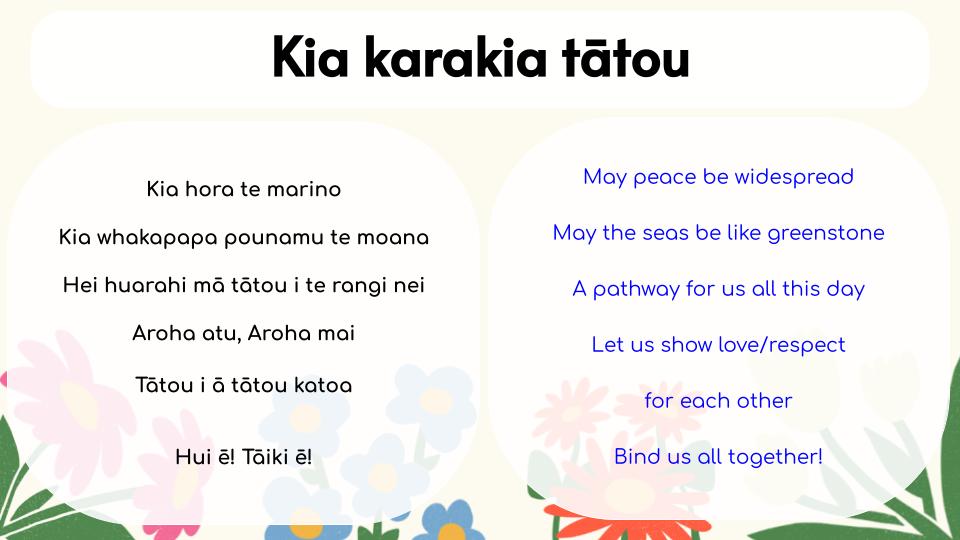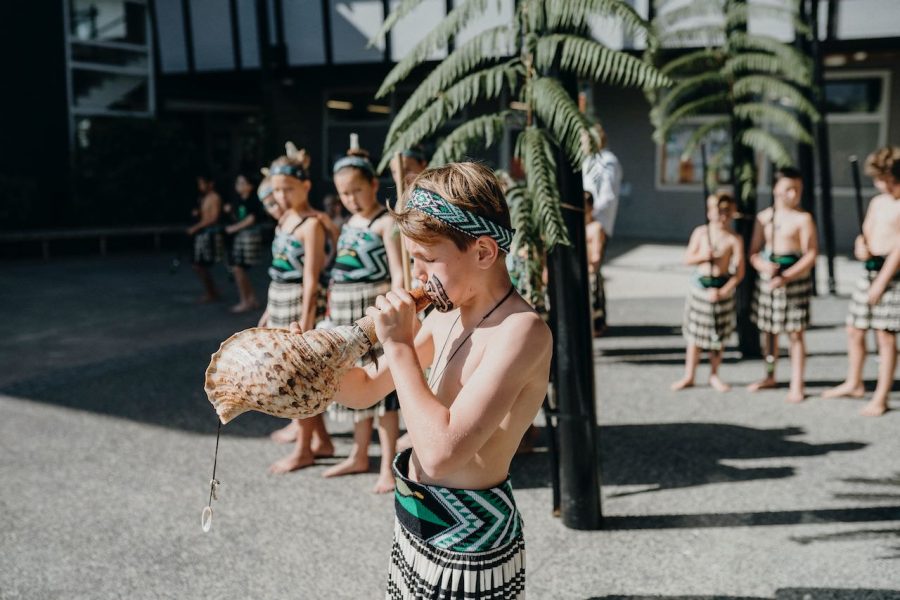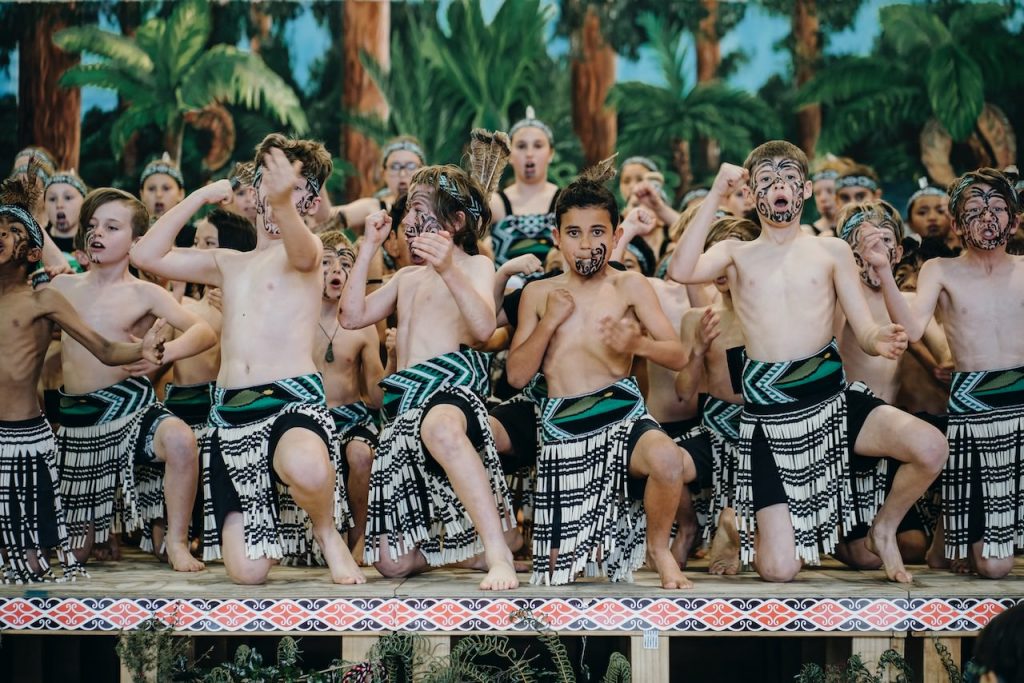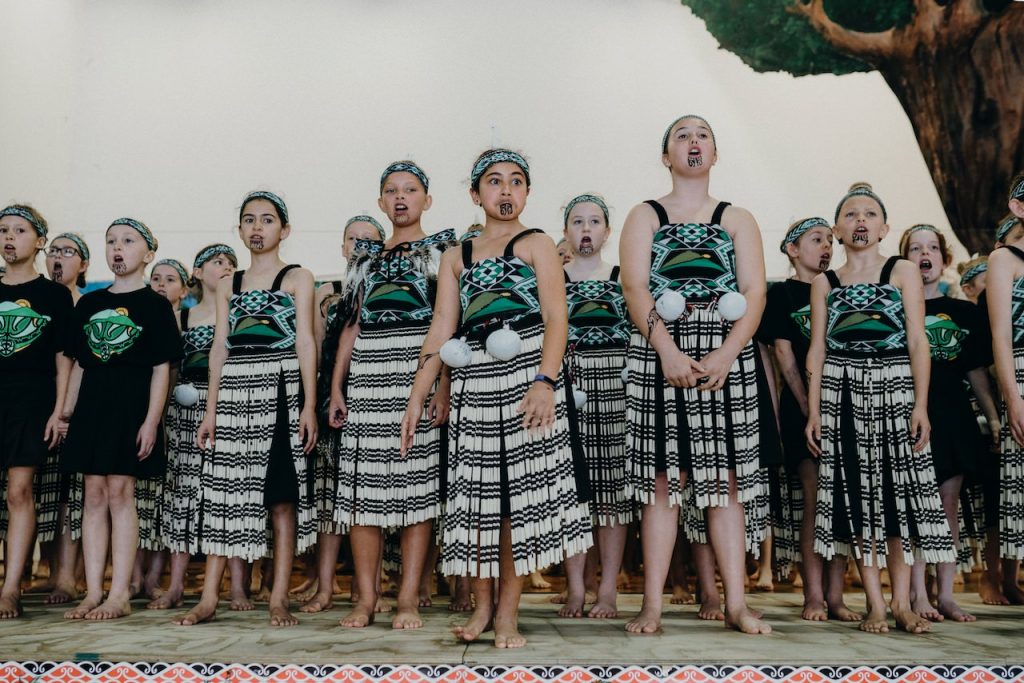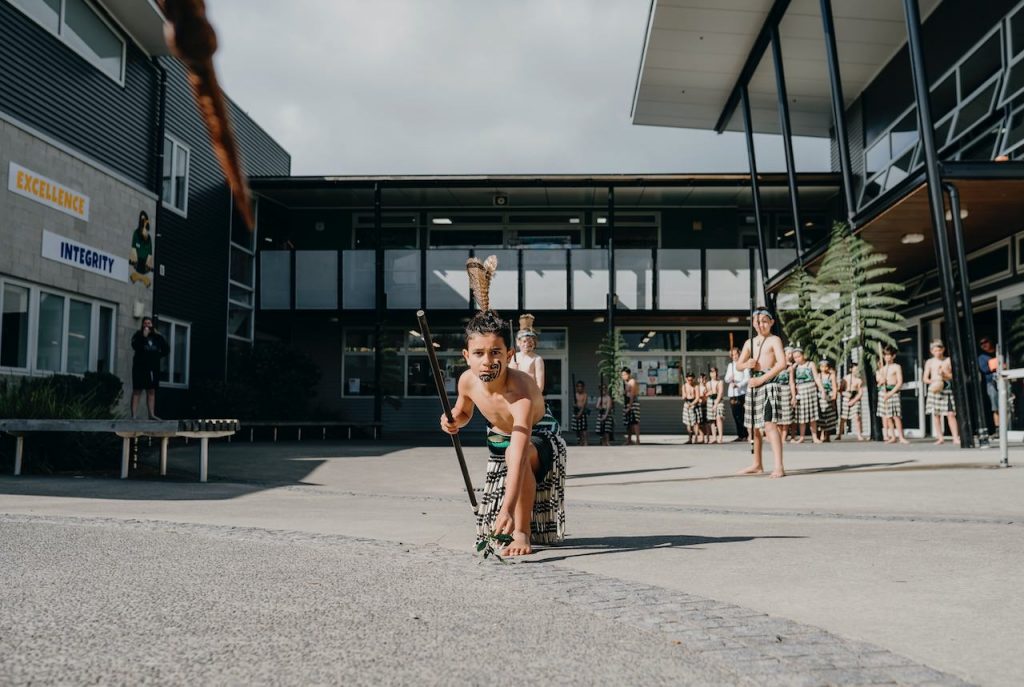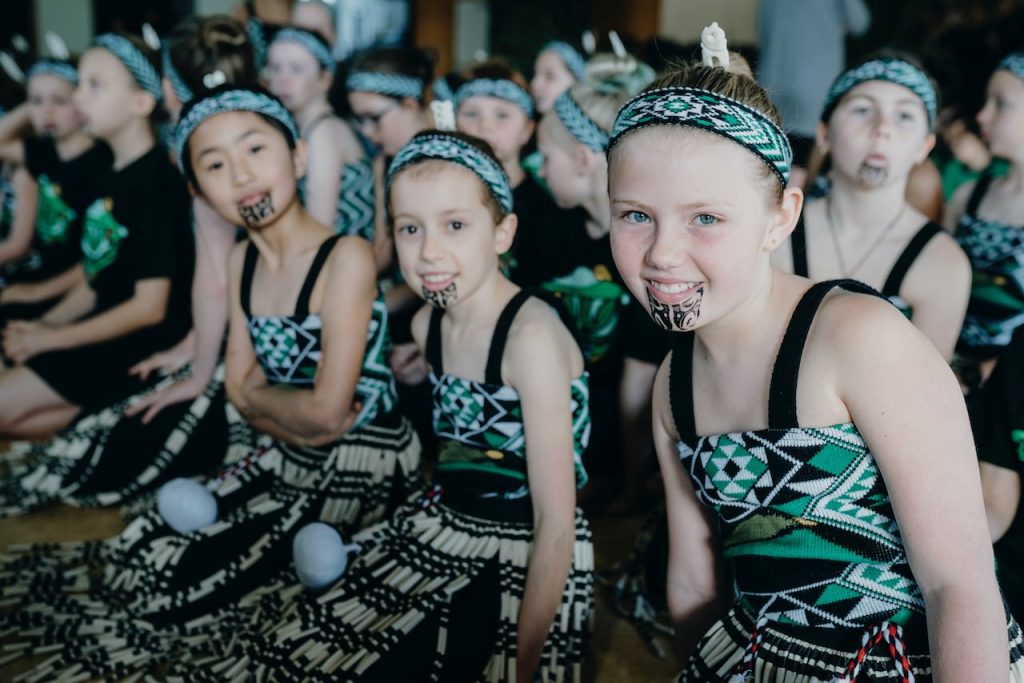Te ao Māori holds a very special place here at Silverdale School, ko te kura o Te Weiti. Many aspects of the Māori world have become a part of “what we do” as a learning whānau. You won’t need to be here long to realise that things like kapa haka, mau rakau, poi, karanga, pōhiri, mahi toi, tikanga Māori and te reo Māori are considered ‘taonga’ or treasures by our staff and students. We believe we all benefit by participating in te ao Māori, through which we can develop a sense of identity and pride in who we are here in Aotearoa.
TE TIRITI O WAITANGI – THE TREATY OF WAITANGI
Silverdale School recognises its responsibility to give effect to the Treaty of Waitangi by:
- working to ensure that our plans, policies and local curriculum reflect local tikanga Māori (place-based learning)
- taking all reasonable steps to make instruction available in Te Reo Māori and tikanga Māori
- achieving equitable educational outcomes for Māori students.
Our goal is to gain a better understanding of what we already know about our local history and practices in relation to Te Tiriti o Waitangi by engaging with our school community and wider community and incorporating what we learn, and what is important to our learners, in future plans.
We foster Māori culture through:
- teaching te reo Māori (e.g. greetings, counting, mihi, basic vocabulary, pronunciation, place names).
- incorporating tikanga (the Māori way of doing things) in school life (e.g. mihi whakatau (greeting/welcome speech), pōwhiri (welcome ceremony), waiata (songs), kapa haka (Māori cultural group), whakamoemiti (expressing thanks), and karakia (prayer/ritual chant)).
- accessing Māori cultural advisors.
- integrating Māori, and using resources that recognise New Zealand’s dual cultural heritage, through all curriculum areas where appropriate.
- fostering relationships with local iwi and visiting marae.
- holding whānau hui (family meetings) and convening whānau groups.
RECOGNISING AND CELEBRATING CULTURAL DIVERSITY
We recognise, value, and celebrate the different cultures represented within our school and wider community, in a variety of ways. Examples include:
- integrating cultural perspectives through curriculum areas across all levels,
- providing opportunities for children, their families, and the wider school community to use and share their cultural knowledge,
- being sensitive to all religious beliefs and belief systems,
- demonstrating an awareness of and respect for cultural practices,
- using our communication tools to share and celebrate cultural diversity with our school families (e.g. school newsletter, website),
- supporting children for whom English is not their first language,
- reflecting different cultures in our school environment (e.g. signage, murals, artwork),
- celebrating festivals and significant holidays from a range of cultures,
- running our own cultural events and activities (e.g. international assemblies, food festivals).

Tō Mātou Pepeha
Ko Ako Tonu te waka
Ko Pukeora te maunga
Ko Okura te moana
Ko Te Weiti te awa
Ko Te Herenga Waka o Orewa te Marae
Ko Kereama Nathan te kaumatua
Ko Cameron Lockie te tumuaki
Ko Silverdale te kura
Ko te kura o Te Weiti
